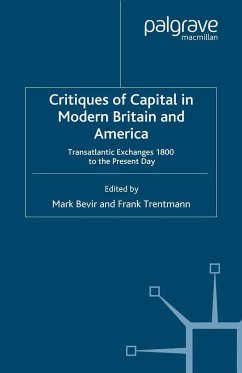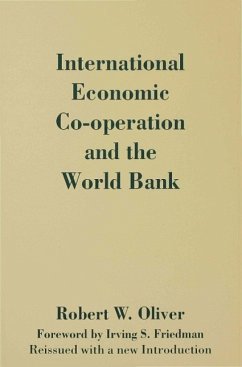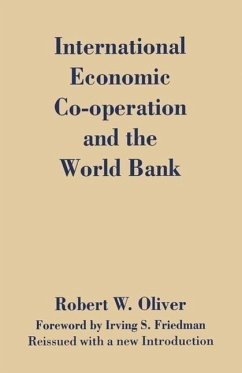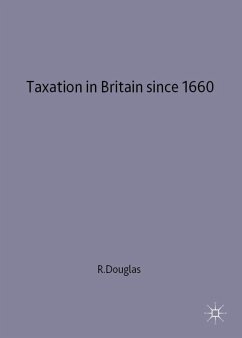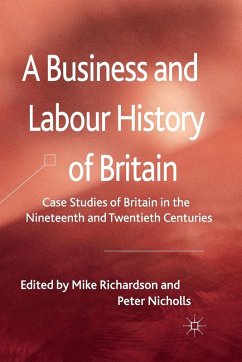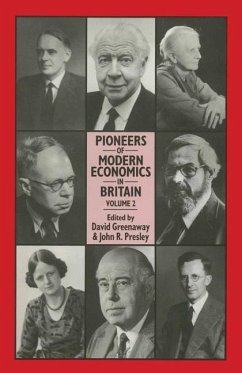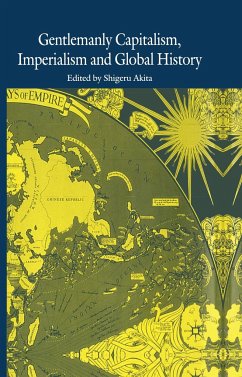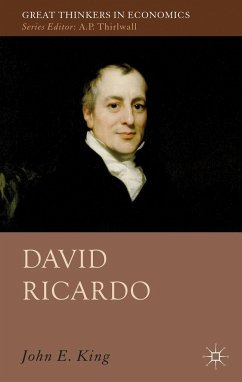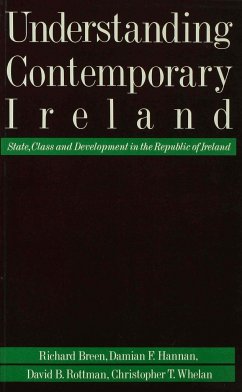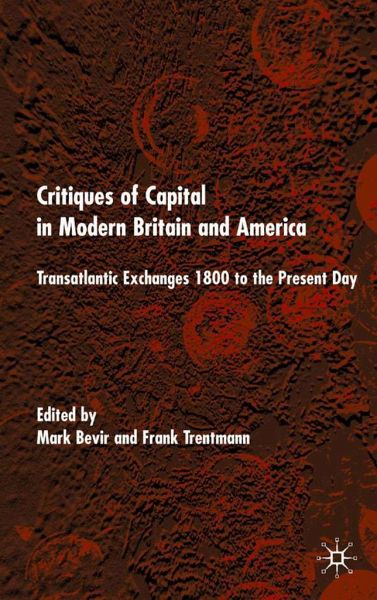
Critiques of Capital in Modern Britain and America
Transatlantic Exchanges 1800 to the Present Day
Herausgegeben: Bevir, M.; Trentmann, F.

PAYBACK Punkte
19 °P sammeln!
This book is an innovative collection of essays by a new generation of British and American historians and political theorists. Moving beyond a conventional action/reaction view of capitalism and its critics, the volume explores how critical traditions and beliefs have helped to shape capitalism. Chapters follow diverse critiques in Britain and America and explore their Atlantic and imperial exchanges. The volume includes chapters on questions of law and property in the Victorian empire; traditions of land reform in nineteenth century America and Britain; the influence of American romanticism ...
This book is an innovative collection of essays by a new generation of British and American historians and political theorists. Moving beyond a conventional action/reaction view of capitalism and its critics, the volume explores how critical traditions and beliefs have helped to shape capitalism. Chapters follow diverse critiques in Britain and America and explore their Atlantic and imperial exchanges. The volume includes chapters on questions of law and property in the Victorian empire; traditions of land reform in nineteenth century America and Britain; the influence of American romanticism on British socialism; the role of Britain in American progressivism; American and British consumer protection; the evolution of trusteeship and ideas of cosmopolitan democracy; the 'third way' and narratives of globalization. The editors' introduction offers a critical historiographical survey and, by stepping beyond the dogmatic opposition between post-modernists and empiricists, provides anew research agenda for an integrated study of capitalism and its critics.



